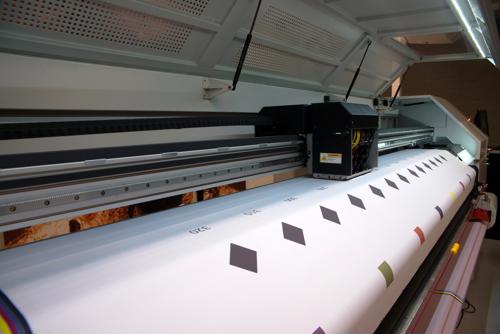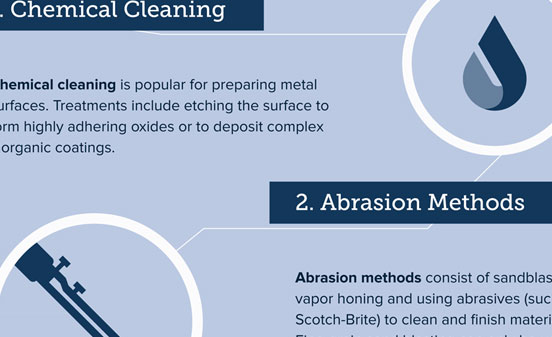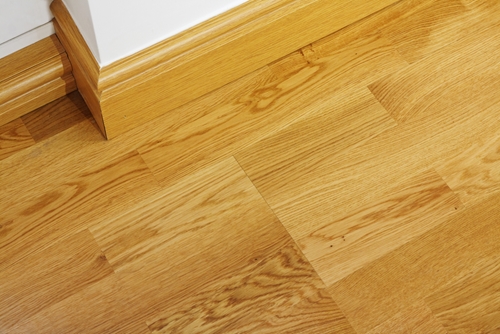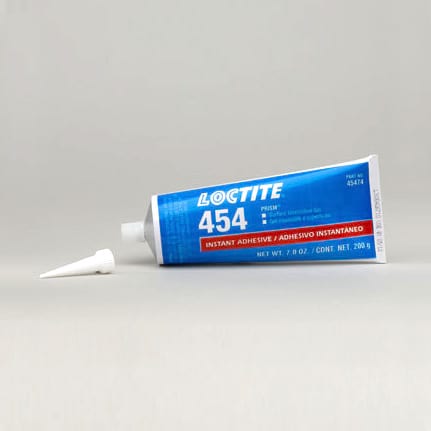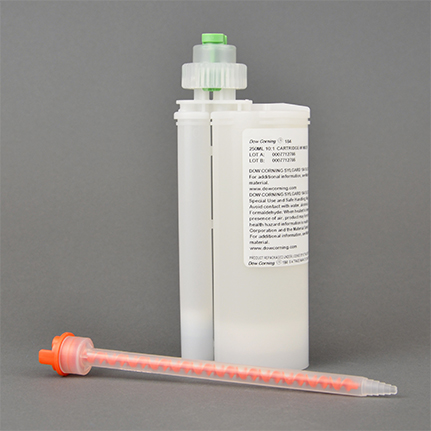

-
Description for Interflon Lube PN32
Interflon Lube PN32 is a 1-Part None MicPol® Technology Oil used to LubricateApplication Type Lubricant, Stick-slip 1 Part or 2 Part 1-Part Material Form Oil Industry High performance pneumatic lubricant, Formulated to improve performance and life of industrial air tools, Formulated to improve performance and life of pneumatic equipment, For compressed air equipment Manufacturer Interflon Chemistry MicPol® Technology Odor Details Like oil Viscosity (cPs) 32 (cSt) Color Brown Wear Resistance Superior protection against wear High Temperature Resistance (°C) <80 Low Temperature Resistance (°C) >-20 Density (g/cm³) 0.860 Key Specifications ISO VG - 32 Can Be Used In Conjunction With These Materials Dust, Dirt -
Technical Data for Interflon Lube PN32
Overview
-
Application Type
- Non-Slip - Stick-slip
- Lubricant
-
1 Part or 2 Part
- 1-Part
-
Material Form
- Oil
-
Industry
- Industrial - Formulated to improve performance and life of linear drives, Cylinders, Valves, For chains that are exposed to high loads, Suitable for use in standard lubricator systems, Suitable for use in all standard oil nebulizer, Suitable for use in based micro-fog systems based on the venturi principle
- Pneumatic - High performance pneumatic lubricant, Formulated to improve performance and life of pneumatic equipment, For compressed air equipment
- Power Tools - Formulated to improve performance and life of industrial air tools
-
Chemistry
- Other - MicPol® Technology
-
Cure Method
- None
-
Color
- Brown
-
Key Specifications
- International Organization for Standardization - ISO VG - 32
-
Can Be Used In Conjunction With These Materials
- Dust
- Dirt
Specifications
Cure Specs
Odor Details Like oil Viscosity (cPs) 32 (cSt) Test Method Material Resistance
Non-Corrosive Superior protection against corrosion Wear Resistance Superior protection against wear High Temperature Resistance (°C) <80 Test Method Low Temperature Resistance (°C) >-20 Test Method Vibration Resistance/Shock Resistance Reduces vibrations in air tools Other Properties
Density (g/cm³) 0.860 Test Method Business Information
Shelf Life Details Shelf life of the product in original and unopened packaging. Storage temperatures <0°C need to be avoided to guarantee product quality. Shelf Life (mon) 24 -
-
Best Practices for Interflon Lube PN32
-
Application
Shake or stir before use according to the size of the packaging.
Apply the oil as prescribed by the manufacturer.
-
Surface Preparation
For best results, parts should be cleaned or purged of the previous lubricant prior to use.
-
-
Comparable Materials for Interflon Lube PN32
Spec Engine® Results
Popular Articles
Testing the effectiveness of surface treatments
Read ArticleInfographic: ENSURING A STRONG BOND - 6 Basic Methods of Surface Preparation
Read ArticleSponsored Articles
Unique Advantages of Contact Adhesives
Read ArticleUsing LOCTITE® 454™ is a Valid Option for Engineers Working with a Wide Variety of Materials
Read ArticleSylgard 184 by DOW is the Top Choice for a Transparent, Silicone Encapsulant. Read Why:
Read ArticleCase Study: Creating reliable, corrosion-free bonds with LORD® 406 acrylic adhesive
Read ArticleFeatured Ads

Viscosity Test Methods
| Viscosity | Test Method | Temperature |
|---|---|---|
| 32 (cSt) | Kinematic viscosity, ASTM D445 | 40°C |
Low Temperature Resistance Test Methods
| Low Temperature Resistance | Test Method |
|---|---|
| >-20°C | Application temperature |
High Temperature Resistance Test Methods
| High Temperature Resistance | Test Method |
|---|---|
| <80°C | Application temperature |
Density Test Methods
| Density | Temperature |
|---|---|
| 0.860 g/cm³ | 20°C |



